Campoma (1976)
Short that tells the history of Campoma, a small Venezuelan town founded by black slaves.
Short that tells the history of Campoma, a small Venezuelan town founded by black slaves.
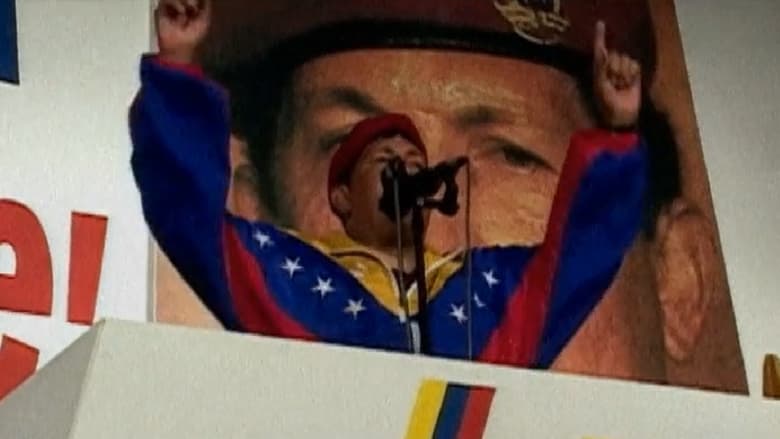
Hugo Chavez was a colourful, unpredictable folk hero who was beloved by his nation’s working class. He was elected president of Venezuela in 1998, and proved to be a tough, quixotic opponent to the power structure that wanted to depose him. When he was forcibly removed from office on 11 April 2002, two independent filmmakers were inside the presidential palace.
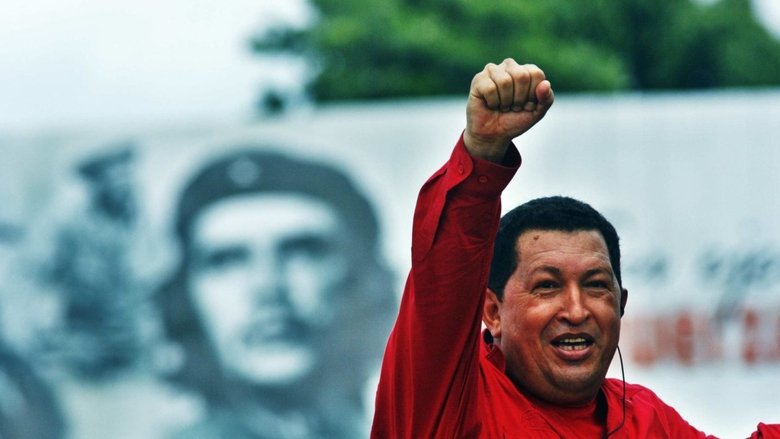
Trade union leader Manuel Taborda, a pioneer of workers' organisations in the oil industry, recounts his experiences and those of his colleagues from 1920 to 1936, with an emphasis on the struggles against foreign companies and the government.
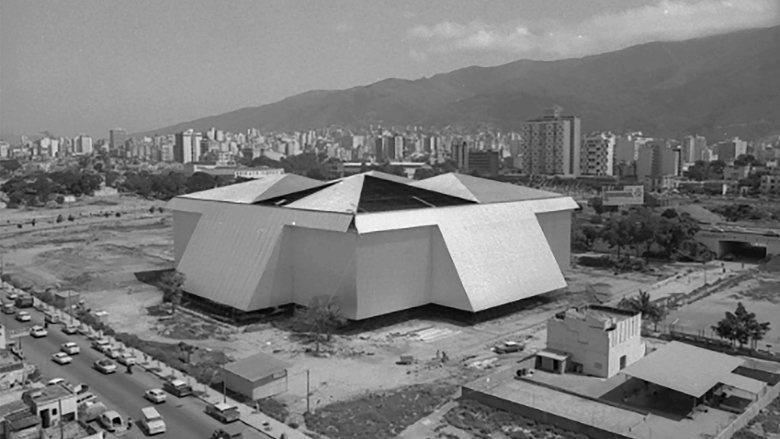
Imagen de Caracas was an experimental film spectacle, directed by Jacobo Borges and Mario Robles in 1968 for the 400 anniversary of the foundation of Caracas. It needed more than 48768 meters of film and 5000 actors.
In 1969, the Renovación Universitaria movement and the subsequent raid on the Central University of Venezuela by the government of Rafael Caldera, triggered a strong wave of protest in the Institutes of Higher Education in Venezuela. This documentary collects part of the events that took place in the city of Mérida, Mérida State, where the University of the Andes is located.
Cruz Quinal, "the mandolin king," lives near Cumana in a mountain valley surrounded by sugarcane fields. Perpetuating 16th century Spanish traditions of guitar-making, Cruz fashions such musical instruments as cuatros, marimba, escarpandola, and his own creation, a mandolin with two fretboards. He is an accomplished musician as well. In this moving portrait, Cruz compares himself to a decaying colonial church across the street: revered yet neglected, the village altar stands, paint peeling, under the open sky.
1780, a group of slaves flee from a sugar cane hacienda. As they are pursued by Don Manuel Aguirre, obsessed landowner who has fixed his eyes on Azu, the beautiful slave with an ancestral destiny.
Río Negro is the struggle of two men, Osuna and Funes, hungry for power and wealth in a small town in Venezuela, during the dictatorship of Juan Vicente Gómez
Intertwined stories of people fighting for love, survival and the truth during quarantine.
Documentary about the life of Simón Bolívar, directed by Antonio Bacé.
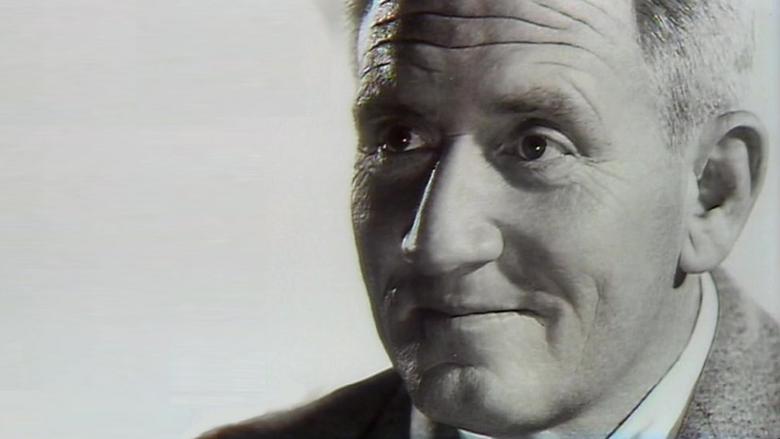
In this tribute to her frequent co-star and longtime love, Katharine Hepburn hosts a behind-the-scenes look at Spencer Tracy's personal and professional life that features intimate personal accounts, interviews and clips from his most acclaimed work on the silver screen.
Follow Ashley Tisdale, young pop icon and star of the smash hit High School Musical, as she makes her first solo album on this documentary tracing the entire process, including picking and recording the songs and planning the official release. The film also features three music videos from the album, "Headstrong," and exciting footage as Tisdale joins the rest of the cast for the High School Musical road tour.
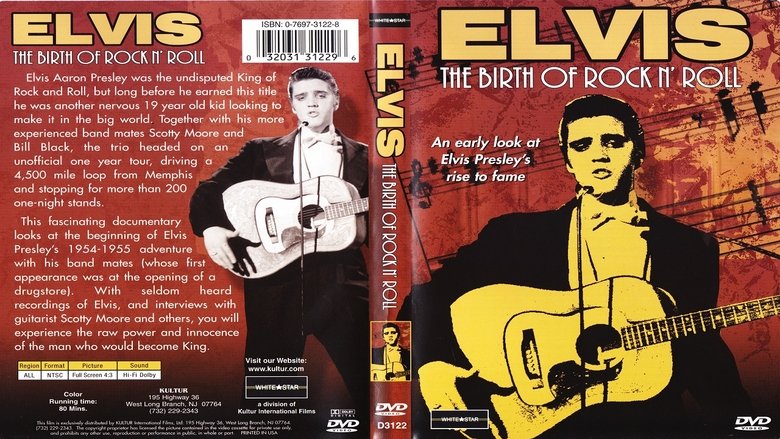
This arresting documentary covers the years of Elvis Presley's life leading up to his fame and fortune, providing an engaging look at the man before he became a legend. Interviews with those who knew him, as well as with musicians who worked with him, recall experiences with the future King of Rock and Roll and reveal what it was really like to tour with Elvis in those early days of his music career.
A documentary film about Comanche activist LaDonna Harris, who led an extensive life of Native political and social activism, and is now passing on her traditional cultural and leadership values to a new generation of emerging Indigenous leaders.
1969 documentary film covering the flight of Apollo 11 from vehicle rollout to splashdown and recovery.
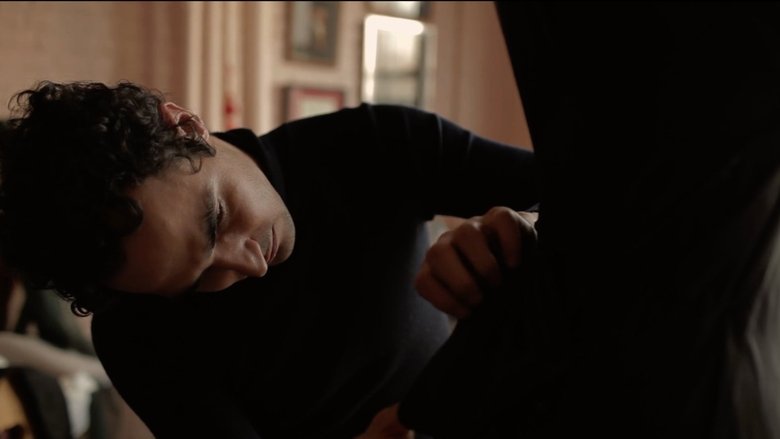
A feature documentary on the life and career of designer Zac Posen.
Documentary against buraku discrimination
The citizens of Sunagawa oppose the expansion of Tachikawa Air Base
Follow-up to 'The People of Sunagawa'
At a time when the USSR and the USA fervently vied to develop nuclear arms, the mass media buzzed with terms inspired by nuclear testing on Bikini Atoll such as the “Daigo Fukuryu Maru Incident,” the “ash of death,” “radioactive tuna,” and “radioactive rain,” and nuclear testing continued, Japan, the only nation to have suffered an atom-bomb attack, felt massive anxiety. “What is the radioactive ash of death?” “What effect does it have on living creatures?” Against the background of the era, the film scientifically describes the terrors of radioactivity with the cooperation of many scientists, physicians and research institutions.